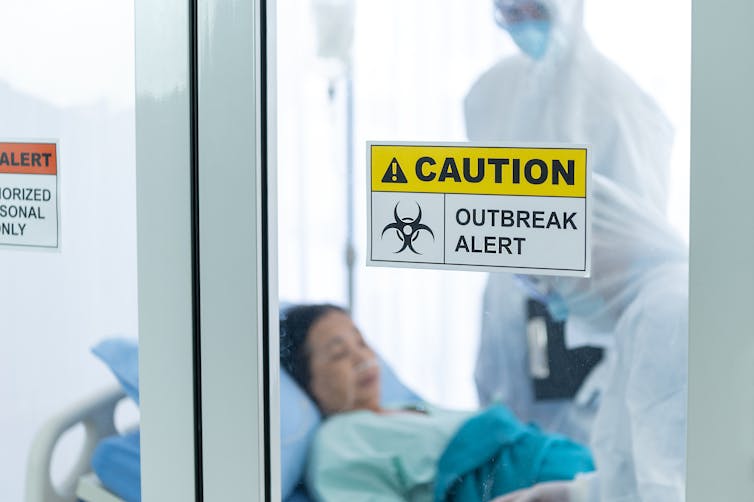Recent headlines have suggested vitamin D deficiency could increase the risk of dying from COVID-19, and in turn, that we should consider taking vitamin D supplements to protect ourselves.
Is this all just hype, or could vitamin D really help in the fight against COVID-19?
Read more:
5 ways nutrition could help your immune system fight off the coronavirus
Vitamin D and the immune system
At least in theory, there may be something to these claims.
Nearly all immune cells have vitamin D receptors, showing vitamin D interacts with the immune system.
The active vitamin D hormone, calcitriol, helps regulate both the innate and adaptive immune systems, our first and second lines of defence against pathogens.
And vitamin D deficiency is associated with immune dysregulation, a breakdown or change in the control of immune system processes.
Read more:
Six things you need to know about your vitamin D levels
Many of the ways calcitriol affects the immune system are directly relevant to our ability to defend against viruses.
For example, calcitriol triggers the production of cathelicidin and other defensins – natural antivirals capable of preventing the virus from replicating and entering a cell.
Calcitriol can also increase the number of a particular type of immune cell (CD8+ T cells), which play a critical role in clearing acute viral infections (such as influenza) in the lungs.
Calcitriol also suppresses pro-inflammatory cytokines, molecules secreted from immune cells which, as their name suggests, promote inflammation. Some scientists have suggested vitamin D might help to alleviate the “cytokine storm” described in the most severe COVID-19 cases.

Shutterstock
Evidence from randomised controlled trials suggests regular vitamin D supplementation may help protect against acute respiratory infections.
A recent meta-analysis brought together results from 25 trials with more than 10,000 participants who were randomised to receive vitamin D or a placebo.
It found vitamin D supplementation reduced the risk of acute respiratory infections, but only when it was given daily or weekly, rather than in a large single dose.
The benefits of regular supplementation were greatest among participants who were severely vitamin D deficient to begin with, for whom the risk of respiratory infection went down by 70%. In others the risk decreased by 25%.
Read more:
My vitamin D levels are low, should I take a supplement?
Large one-off (or “bolus”) doses are often used as a quick way to achieve vitamin D repletion. But in the context of respiratory infections, there were no benefits if

